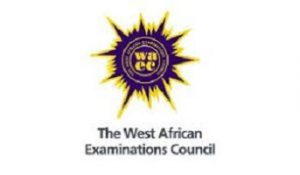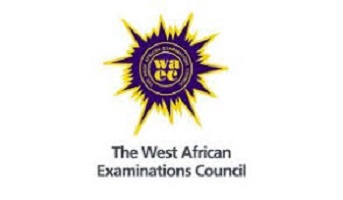Table of Contents
WAEC Civic Education Questions & Answers 2020
The West African Examination Council (WAEC) Civic Education paper for SSCE will be written on Monday, 7th September, 2020.
The Waec Civic Education (Essay) paper will start by 9:30am and will last for 2hrs while the WAEC civic education (Objective) exam will commence 11:30am and will last for 1hr.
NOTE: In this post, we will be giving out the waec civic education questions for candidates that will participate in the examination from past questions, The main 2020 answers can be found here
WAEC Civic Education Questions 2020
PAPER 2 [Essay]
Answer any FOUR questions.
Write your answers on the answer booklet provided.
1. a) What are values?
(b) State six importance of values to the Nigerian society.
ANS: (a) Values are the ideas, things or principles cherished by people in a society.
(b) (i) Values help to determine and control the behaviour of individuals in the society.
(ii) They act as criteria or measures for the judgment of the actions of individuals in the society.
(iii) Values give focus and direction to individuals in the family and society at large.
(iv) Values help us in decision-making.
(v) Values modify our attitudes and feelings towards other people through tolerance of different opinions and behaviour.
(vi) Values act as standards of conduct for people in a society
(vii) Values guide people toward the achievement of declared objectives e.g. individual, family, communal, corporate and national objectives among others.
(viii) Values promote unity, harmony and cooperation in the society.
(ix) Values encourage sense of responsibility and hard work among Nigerian citizens.
2. (a) Explain the term citizenship education.
(b) State four reasons for effective citizenship education of Nigerian youths.
ANS: (a) Citizenship education is a process of enlightening or training citizens on their rights and responsibilities. Citizenship education is a form of education given to citizens with a view to making them responsible individuals who are committed to the meaningful development of their society.
(b) Effective citizenship education helps to:
(i) sensitize Nigerian youths on their duties and rights as citizens.
(ii) produce responsible, well-informed and self-reliant Nigerian youths.
(iii) inculcate the right values and attitudes into the youths for the development of the society.
(iv) help citizens especially youths identify national problems and proffer solutions.
(v) produce enlightened youths who are politically and nationally conscious.
(vi) instill in the youths high moral standards which are required for the development of the country.
(vii) encourage national integration and nation building.
(viii) prepare the youths for future leadership roles.
3. (a) What is the meaning of Universal Declaration of Human Rights (UDHR)?
(b) Highlight any six rights or freedoms in the Universal Declaration of Human Rights of 1948.
ANS: (a) Universal Declaration of Human Rights (UDHR) refers to global proclamation specifying the rights of individuals. It is the primary international expression of the fundamental/ inalienable rights of
members of the human race.
It was adopted by the General Assembly of the United Nations Organization on December 10, 1948 in Paris, France. The Charter consists of thirty (30) articles on Human Rights.
4. (a) Define human trafficking.
(b) State six causes of human trafficking in Nigeria.
ANS: (a) Human trafficking is the illicit/ illegal business in the sale and transportation of human beings for economic and other selfish purposes. Usually the unsuspecting victims are lured away into forced labour, prostitution and other forms of abuse.
(b) (i) Poverty – this makes victims very vulnerable.
(ii) Youth unemployment.
(iii) Disorientation of values/moral decadence in society.
(iv) Greed and get-rich-quick attitude.
(v) Corruption in the society which encourages adventures into crimes.
(vi) Bad leadership which fails to protect citizens and provide for their social, economic and other related security.
(vii) Ignorance or lack of knowledge/ awareness on the part of victims of human trafficking.


